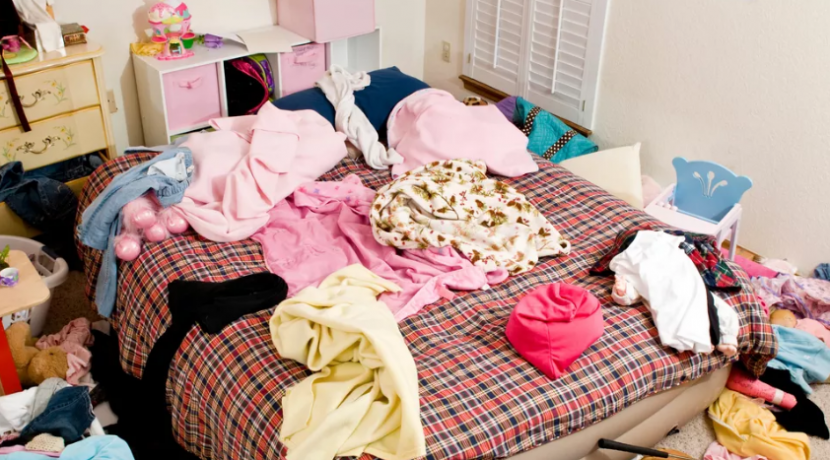Are you hoarding something in your home? Did you know some people are born hoarders? They’re not lazy or stubbornly attached to their possessions; they may actually be genetically predisposed to live the life of a packrat. In “Field Guide to Pack Rats: Closet Cases” psychologist Randy Frost of Smith College illuminates some of the psychology behind hoarding and offers some excellent tips for conquering your packrat tendencies.
Recognize What Hoarding Is and What It Is Not
You are probably not a hoarder. Hoarding disorder is categorized in the latest edition of the American Psychiatric Association’s Diagnostic and Statistical Manual of Mental Disorders, (DSM-5) as a disorder related to OCD. (Though some doctors believe this classification could change in the future.)
It’s also been extensively studied by scientists. Do you feel like you need to be studied or do you need an extra hour to declutter a few spaces in your home?
To quote the Association’s fact sheet on obsessive-compulsive and related disorders, hoarding disorder “is characterized by the persistent difficulty discarding or parting with possessions, regardless of the value others may attribute to these possessions.”
Up to 5 percent of the world’s population displays clinical hoarding behavior or twice the number who suffer from obsessive-compulsive disorder (OCD). If you think you have a real hoarding problem, reach out to a qualified therapist for help.
The behavior usually has harmful effects—emotional, physical, social, financial, and even legal—for the person suffering from the disorder and family members. For individuals who hoard, the quantity of their collected items sets them apart from people with normal collecting behaviors. They accumulate a large number of possessions that often fill up or clutter active living areas of the home or workplace to the extent that their intended use is no longer possible.
Symptoms of the disorder cause significant distress or impairment in social, occupational or other important areas of functioning including maintaining an environment for self and/or others. While some people who hoard may not be particularly distressed by their behavior, their behavior can be distressing to other people, such as family members or landlords.
So you are probably not a hoarder, but you may have some hoarding tendencies. These are tips to help people with hoarding tendencies.
Start Slow
Don’t go through your home and throw everything into the dumpster at once. This may lead to strong feelings of regret and anxiety; rather, go through one small space or collection each week.
Source: The Spruce
Collected and published by Arms &McGregor International Realty® editorial team. Get in touch with us at [email protected]

